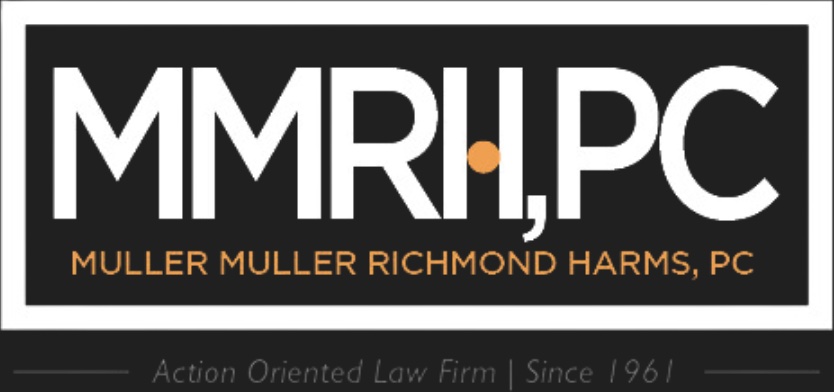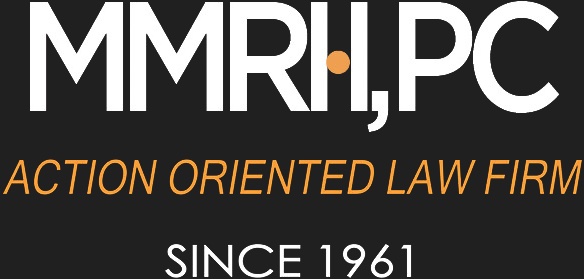How to Keep a Payment Plan on Track

Do you have difficulty with debtors not following a payment schedule?
What can you do to ensure that you continue to receive payments – for the agreed-upon amount, and on-time?
Are you frustrated with debtors who do not respond to your emails, and who, worse than that, do not take your calls?
When your debtor is unable to pay the entire outstanding balance, setting up a payment plan can be a productive alternative. After you establish an agreement wherein the debtor agrees to pay in installments, you should closely monitor the account, watching for any indication that the debtor is falling further behind. Once this payment plan is in effect, remind the debtor that you expect all installments to be paid on time, and in the agreed-upon amount. We suggest that you:
Send a statement to the debtor, several weeks prior to when the payment is expected. In it, remind the debtor of the terms of your agreement: the payment’s due date, the amount due, and the remaining outstanding balance.
Contact the debtor by phone, as a reminder that payment is due soon. Do this a week before the expected date. Speak personally with the debtor, or leave a voice mail message. Document this contact, and be specific as to if you spoke with the debtor (and what was said), or simply left a message (along with what you said).
Follow up with Legal Action
Obviously, it is well within your rights to take legal action to collect monies to which you are entitled, our experience has shown that this is not always the most effective method by which to meet that objective. Remember that litigation will result in your not recouping all of the monies owed to you, whereas any number of other steps that can be taken will ensure that you will, in fact, collect the entire amount due you.
- Formally demand payment. When the account becomes delinquent, issue a demand letter within the first 30 days. As a gentle reminder to pay, follow up with you debtor in writing, and by phone.
- Work to resolve disputes. When following up on the outstanding debt, be sure to bring to light any dispute that your creditor may have. Although not all disputes can be resolved on mutually satisfactory terms, work to resolve or settle those that can be.
- When appropriate, enter into a written repayment plan.Provide the debtor with the opportunity to re-pay, in installments, the agreed-upon balance.
- Keep accurate notes and records of your communication with the debtor. Despite all other attempts at repayment, the matter of your collection may still end up in court. This is where the thoroughness and accuracy of your records could well result in the case being decided in your favor.
If you need further help in keeping your debtors’ payment plans on track, Muller, Muller, Richmond, & Harms can help you!
We Specialize in Debt Collection in Michigan!
Since 1961, Muller, Muller, Richmond, & Harms, P.C. has excelled in the collection of debts owed from within the state of Michigan. Over more than a half-century, we have earned - and sustained - a reputation for being aggressive, yet straightforward and ethical. It is this manner of operating that has brought to our offices in Birmingham and Grand Rapids clientele from all 50 states, and around the world. And it is because our top-rated attorneys work with you to create a strategy customized to meet the very specific needs of your business that we consistently achieve for our clients the best possible outcomes.
Take the First Step! Our Attorneys for Debt Collection in Michigan Can Help You!
Let our experts handle all of the work for you. To get information on debt collection in Michigan, and determine your next move, fill out the Information form on our “Contact Us” page, or call us at 248.645.2440. Don’t let the money owed to you get away – get started today!
We look forward to hearing from you.


